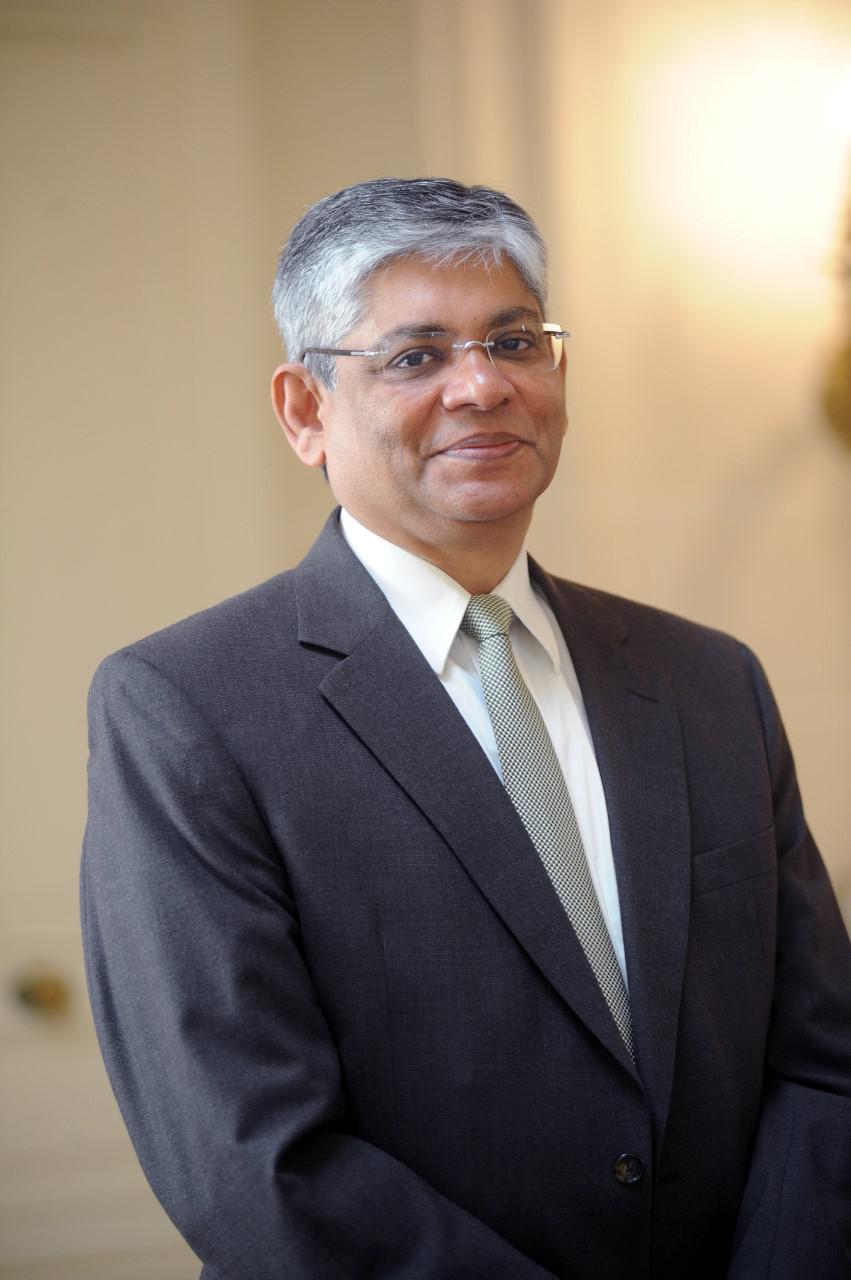
Projects
Political Economy
About the Project
This program studies contemporary developments in India’s political economy, with a view towards understanding and informing India’s developmental choices. Scholars in the program analyze economic and regulatory policies, design and working of public institutions, interfaces between politics and the economy, and performance of key sectors of the economy such as finance and land.
Our Team
Anirudh Suri is a nonresident scholar with Carnegie India. His interests lie at the intersection of technology and geopolitics, climate, and strategic affairs.
Ideas and Institutions
Essays from Ideas and Institutions: Thematic Compendiums
Carnegie India’s Political Economy program presents seven thematic compendiums consisting of essays curated from its fortnightly newsletter Ideas and Institutions. Researchers in the program offer a critical look into some of the most pressing and complex questions facing India today—from democratic politics and economic growth to land markets and urbanization. These compendiums provide valuable insights into the complexities and nuances of a broad theme. Taken together, each set of essays contributes to a better understanding of the evolving dynamics that shape the country’s economic development.

